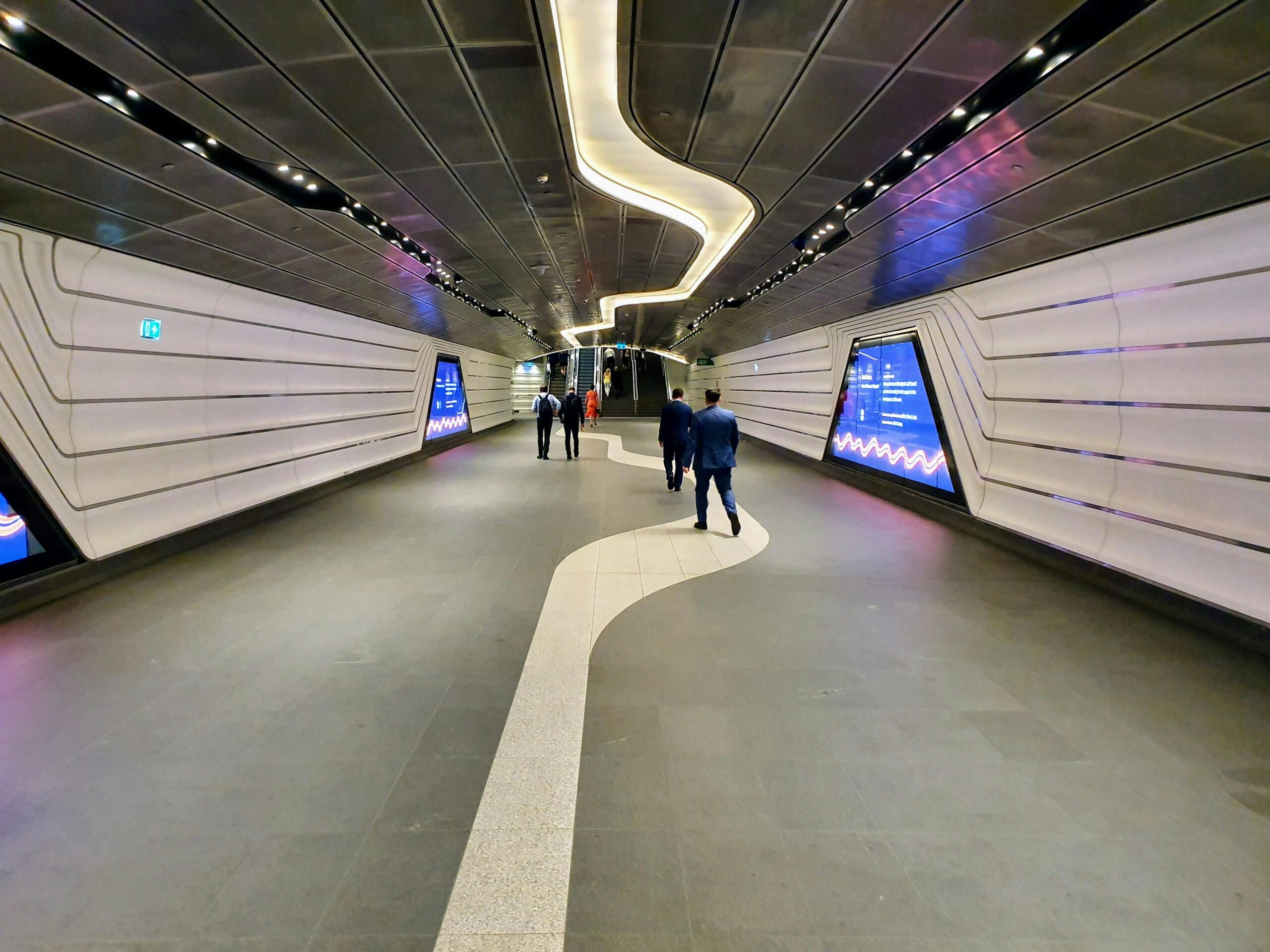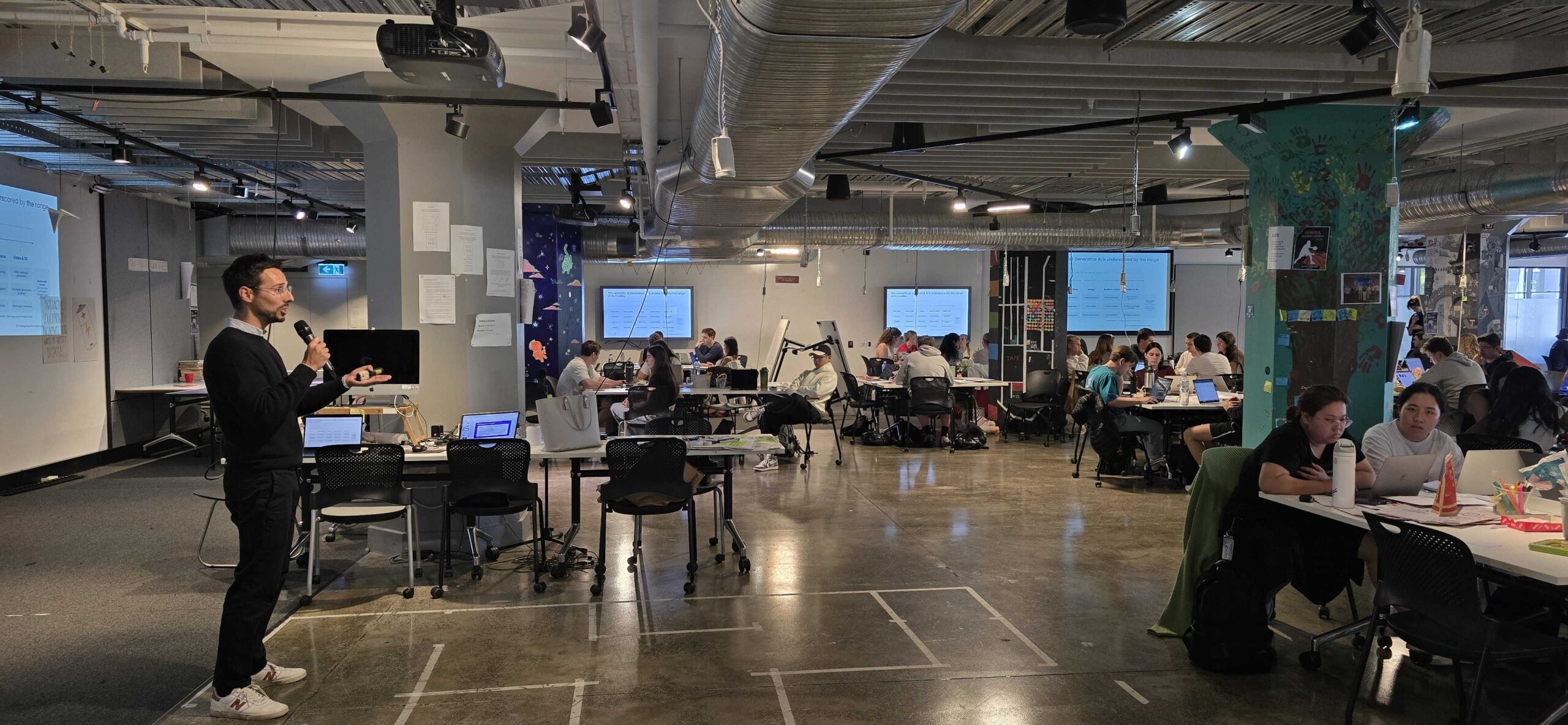By Jeffrey Tobias
Everywhere you look, an accelerator hub is sprouting but it’s only with the best B-school grounding that a start-up founder’s education is complete.
Australia has accelerators for sectors from digital media and internet to mining, fintech and even space exploration. We’re approaching ‘peak accelerator’ but it’s questionable whether the educational benefits are filtering through to those who need them.
A classic accelerator gathers start-ups for intensive business development and mentoring with a view to sending them public or have them acquired (what is known as the ‘exit’). This also assumes a few breakout ideas on exit will pay for the next intake of exuberant hopefuls. Vendors and corporates are now starting accelerators to meet strategic goals. And as accelerators have learnt the value of their craft, we see more venturing into consulting in order to pay the bills.
But this frothiness means that start-up founders’ need to ‘learn the ropes’—the reason why accelerators exist—might have been lost.
So it was gratifying to see TechCrunch ask if accelerators are the new business school?
As any smart entrepreneur is itchy to get their idea into flight, the question of which is better—education or experience—is acute. Why spend four years learning business when you could be out there doing it?
“Smart Universities are now beginning to realise their disadvantage in the rapidly transforming world of education,” entrepreneur and Keen founder Vitaly Golomb writes at TechCrunch. Are unis at a disadvantage? It need not be an either-or proposition.
The issue is how to blend the rough and tumble of the start-up world and cloisters of business school. Done well, this is an intoxicating cocktail of theory and practical learning. And, of course, one can become agile and nimble, learning from failure but balanced by the superb grounding of a formal ‘B-school’ education.
There are three key reasons why a blended education is a founder’s best path to start-up success:
Immersion while experimenting – Just as circus trapeze artists practice with a safety net, smart programs give learners permission to fail in the real world. Deficiencies noted while the student is out in start-up land are reflected on within the rigour and depth of the B-school environment.
Learning management in a safe place – While keen entrepreneurs have a glint in their eye for a product to fill a market need and are tech savvy, their managerial skills might need work. These include soft skills such as leadership, marketing, financial management and empathy, which distinguish leaders and turbo-charge a start-up’s later stages.
Built-in network – The connections students make at B-school will carry with them though their careers. This is also a supportive place to find co-founders and others to help the founder’s journey.
However great it is, an accelerator by itself can’t match the depth and level of intellectual rigour of a great business school education. But in a blended environment where the best elements of an accelerator and business program are fused, transformative education outcomes are possible.
Pro-tip: If you’re starting a corporate accelerator, look honestly at your culture. Should it sit inside the organisation (and report to line-of-business) or is it better off to the side with its own reporting line, budgets, performance indicators and so on?












